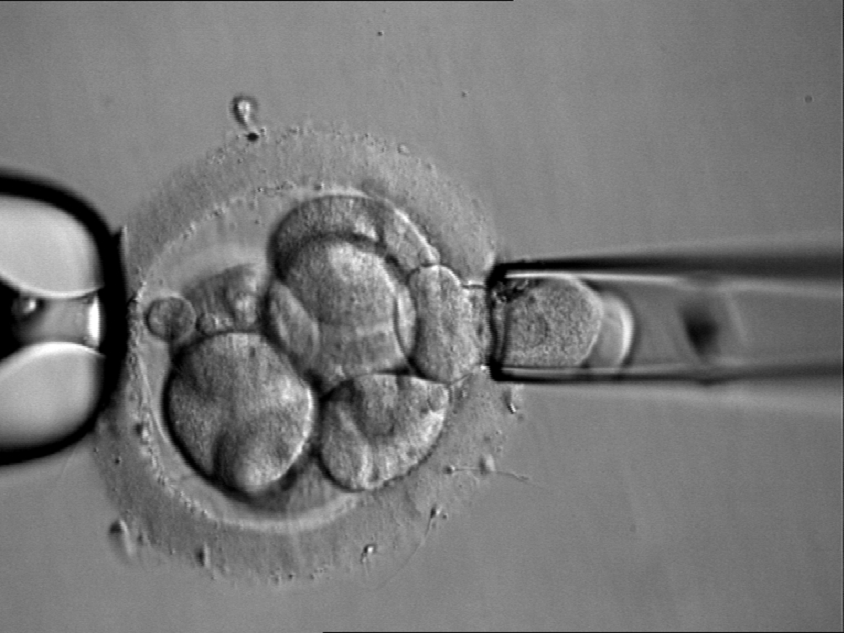Protein Therapeutics Drug Discovery

Ethical Issues
Protein therapeutics has contributed to the race for the perfect, designer baby.
Image 8.1
Benefits of Protein Therapeutics
Protein therapy has been widely accepted in the medical industry and has become a promising therapeutic because of its specificity and its low toxicity to treat a variety of diseases such as cancer, diabetes, brain diseases, and inflammatory diseases. A big benefit in the development of protein therapeutics is that a wide variety of human proteins can be produced with relative ease by genetic engineering and recombinant DNA technology. This results in the possibility of large quantities of desired protein made in mammalian cells, yeast or bacteria. The ease of production brings down the cost of the drugs to treat the diseases. These benefits make protein therapy a highly effective medical treatment for a wide range of diseases in which the protein is either lacking or deficient or the therapeutic protein is used to inhibit a biological process such as blocking blood supply to tumors.

Image 8.2
Two operators at Chao Center test a new tablet making machine.
Text 8.1


CHALLENGES AND ISSUES of Protein Therapeutics
Image 8.3
While there are many examples in which proteins have been used successfully in therapy, it is not without its problems. Their uses are complicated by their instability, solubility, distribution, method of administration, and side effects. Many protein drugs have their therapeutic targets inside cells; the challenge is to bring these drugs into the target cells without it breaking down while in the blood stream. While there are innovative new methods such as the use of pharmaceutical nanocarriers that are shown to be very promising, many are still on pre-clinical stage.

Another challenge with protein therapy is that the body may build an immune response against the therapeutic proteins. Virtually all therapeutic proteins give off some level of antibody response. There are cases where the immune response can neutralize the protein and can even cause a harmful reaction in the patient. An example of an immune response is the activation of B cells, which produce antibodies that bind to the proteins and reduce and possibly eliminate their therapeutic effects. Such antibodies can cause complications that can be life threatening. Therefore the immune response of therapeutic proteins is a big concern for researchers, manufacturers and clinicians. The uses of protein therapeutic in clinical animal trials usually are not predictive response in humans. It is critical for researchers and scientists to determine the safety and efficacy of protein therapeutic drugs and their tendency to trigger antibody formation.
While the recombinant DNA technology has lowered the cost on protein therapeutic productions, the cost of recombinant proteins can be greater than $100,000 per patient per year. The ethical questions then arise, should insurance companies pay for the possible effective but very expensive treatments for diseases that affect only a small population of the people. The same ethical questions arise for the drug manufacturers and researchers. Should they spend the time and money researching and producing drugs that can help only a small population of people who are affected by the disease, or should they invest the resources in drug discovery that will help the masses? Maybe part of this issue can be resolved when government regulations regarding protein therapeutics becomes clear. As of 2010, there has not been a clear regulatory pathway that addresses the development of generic versions of protein therapeutics so the cost can be reduced.
Video 8.1
Image 8.4
Text 8.2

Other ethical issues come with the usage of Cas9 and its abilities to delete, modify, or insert DNA sequences. This technology is exciting if used as intended to find treatments and cures for diseases. The fear is that this technology may be used for the wrong purpose and used to create the “perfect” baby.
The future of protein therapeutics is huge considering the thousands of proteins the human body produces and the thousands of proteins that other organisms produce. But we cannot ignore the challenges of protein therapy and the ethical issues it brings as protein therapy expands its role in medicine in the future. The medical industry must balance the risks associated with protein therapy and the potential therapeutic benefits to the patients. And with any new therapeutic discoveries, there are moral and ethical issues that rise.